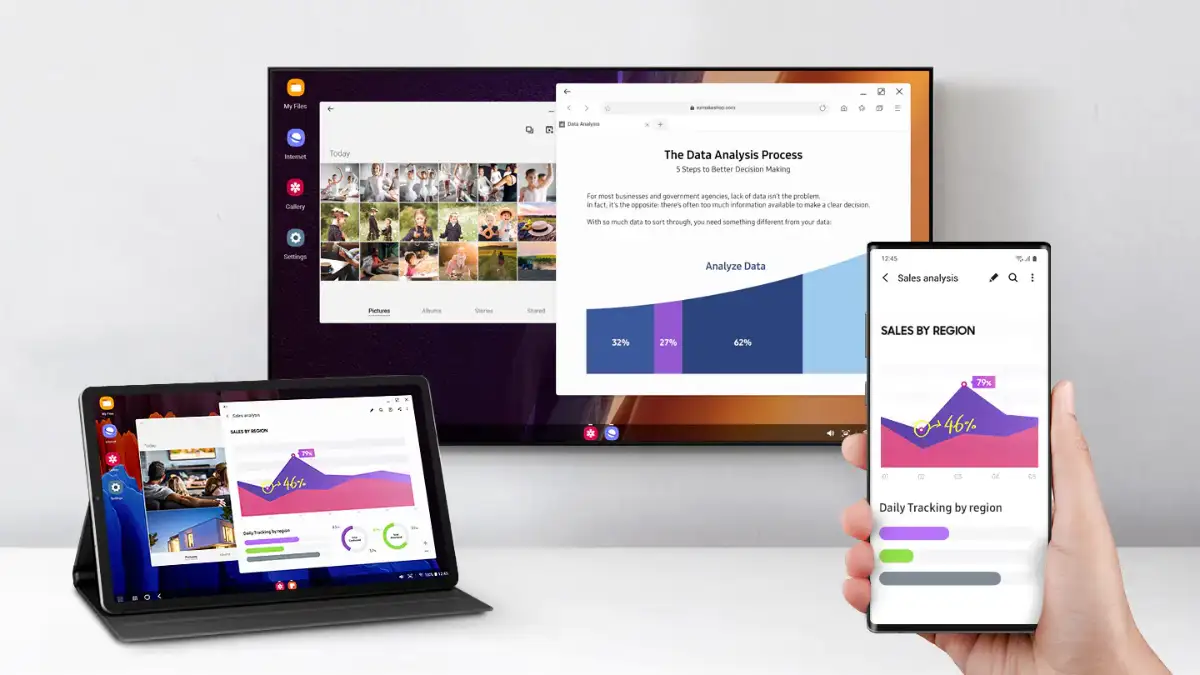5 Reasons Why One-page Website is Good for Your Business
For some years now, there has been a trend toward websites that are only one page in length. One-page website(s), as they are commonly known, are popular among businesses that specialise in a single product or a single service.
Content is the first thing that should be considered by business owners when considering this sort of website design for their firm. Due to the fact that they will have to adapt it to the website without the typical About or other pages, this will be the case. For landing pages, portfolio pages, and event sites, this one-of-a-kind design is highly recommended.
The fact of the matter is that the internet business environment is always changing and developing. Another variable is the sort of web hosting for small businesses that is used. One need is that it be inexpensive, and there is affordable small business hosting options available. Apart from being affordable, these hosting choices must also give a variety of alternatives to pick from – whether shared hosting, VPS hosting, or dedicated hosting – as well as support for well-established content management systems (CMS).
There are several ways in which web hosting interacts with an online company, and it is critical that the proper one is selected for the best user experience possible.
Over the past several years, one-page websites have been increasingly popular due to a single important factor: the user experience. And, considering the fact that it has gained significant traction in recent years, it is critical to consider the plethora of reasons why a one-page website is beneficial to a company.
Also Read SEO Content Writing: 7 Tips To Optimize Success And Performance
List of 5 Reasons Why One Page Website is Good for Business?
The following are the five most important reasons:
User Engagement
Having all of the information actually on the same page implies that you will capture the attention of your visitors. As a result, user engagement is increased, and you are more likely to avoid them becoming bored or losing their patience.
It is best explained as follows: when you have a single page display, contact with the visitor is closer than it is when you have a conventional website because all they see is the single page display. When a visitor or potential customer can see the entire tale unfold by just scrolling, it is much simpler to capture their attention.
Simplicity
One compelling argument in favour of single-page websites is that users obtain everything they require on a single page. This way, the experience is quite straightforward, and there is no need to navigate through more pages, risk missing something, or have difficulties with navigation. It’s all happening in the blink of an eye.
Furthermore, from a commercial standpoint, everything is goal-oriented and simply points the customer to the product or service that it is attempting to acquaint them with.
Another significant advantage of having everything on a single page is that consumers will feel like they are on a journey as they browse through the website. Because being basic and single-page does not imply being cut short and uninteresting – after all, who would want to read anything like that?
Also Read: Link Building for your Business Website
Mobile-Friendly Design
Being limited to one page means that only minor adjustments are required to the design, resulting in websites that are extremely mobile-friendly. This implies that users will be able to view the website from nearly anywhere, and the business will no longer be restricted by the sorts of devices available.
Because the template and design are extremely responsive, the homepage is much simpler to traverse as a result of the consistency of the design. No distinct tabs to click on means that the site looks well on all platforms, including mobile devices, and is quite comparable to a mobile application.
Storytelling
And it’s true: one-page websites provide a nice user experience while also effectively telling a storey through their flow. And this gives website owners greater control over how their visitors absorb the material.
A one-page website eliminates the need for visitors to navigate between pages, resulting in significant reductions in website interruptions. You have the ability to physically guide visitors to the information and to a linear tale that is natural for them to follow. As a result, the emphasis is more on the substance.
Easy to maintain and cost-effective.
It goes without saying that this type of website is far easier to create and manage, and it is also significantly less expensive. In reality, it doesn’t get any simpler than this. Because everything that has to be changed or amended takes place on a single page, it saves time.
Additionally, by devoting less time and effort to the actual building of the website, expenditures are cut by a significant margin.




